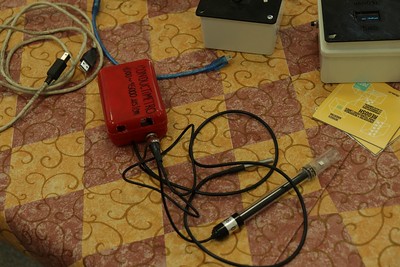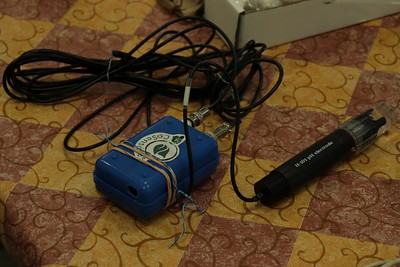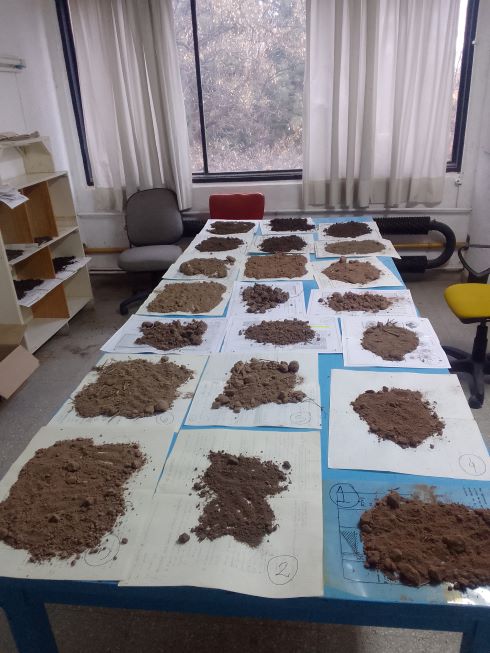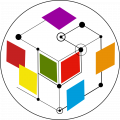infrastructuRe conceptual framework
Proof of concept
We set-up and tested a conceptual framework durign the 2022 reGOSH Residence to understand how tools, communities and organizations can be integrated in a concrete infrastructures that can serve all the people involved.

A set of low-cost open source scientific tools developed by reGOSH members in dialogue with local rural/productive organizations and in collaboration with GOSH and Hackteria networks were set-up to be used with open protocols for soil tests.



Local rural/productive organizations were in charge of collecting soil samples from different farmers and peasants from the northern oasis (UST), from the Uco Valley (Grows from the foot) and from the eastern area of Mendoza (Ayllu Cooperative). 30 soil samples were collected to be analyzed during the Residence. A series of metadata related to the characteristics of each producer, their farms and some basic issues related to land management were also attached to those samples. The objective was to show how the digital infrastructure developed by Our-Sci ( SurveyStack + FarmOS + CoffeShop ) could be used for data storage, visualization and collective learning, and how those tools could have local application in the identification and exchange of best practices that facilitate and accelerate agroecological transition processes.
The collected soil samples were also sent to a conventional lab, the Edaphology Laboratory of the Faculty of Agricultural Sciences, for analysis. Nitrogen (Kjeldahl method), organic carbon (by Walkley-Black method), sedimentation volume (texture), pH (in saturated paste) and electrical conductivity (in saturated paste extract) were obtained. Those test results were used to complement and compare the results obtained with the low-cost tools and open protocosl developed during the Residence, and on the other hand, were used to build a local model that would allow soil carbon predictions from low-cost data obtained by reflectometry.


The results of this proof of concept process were presented back to the farmers and intermediate organizations involved for the visualization of the data and the evaluation of the potencial of the entire technological infrastructure used. This is still an ongoing project and collaboration with Our-Sci and the local communities.
From the feedback and demand from intermediate organizations we made a more simple desing of the phMeter with only one button for calibration and a display for lab bench instead of the original mobile pHmeter.

